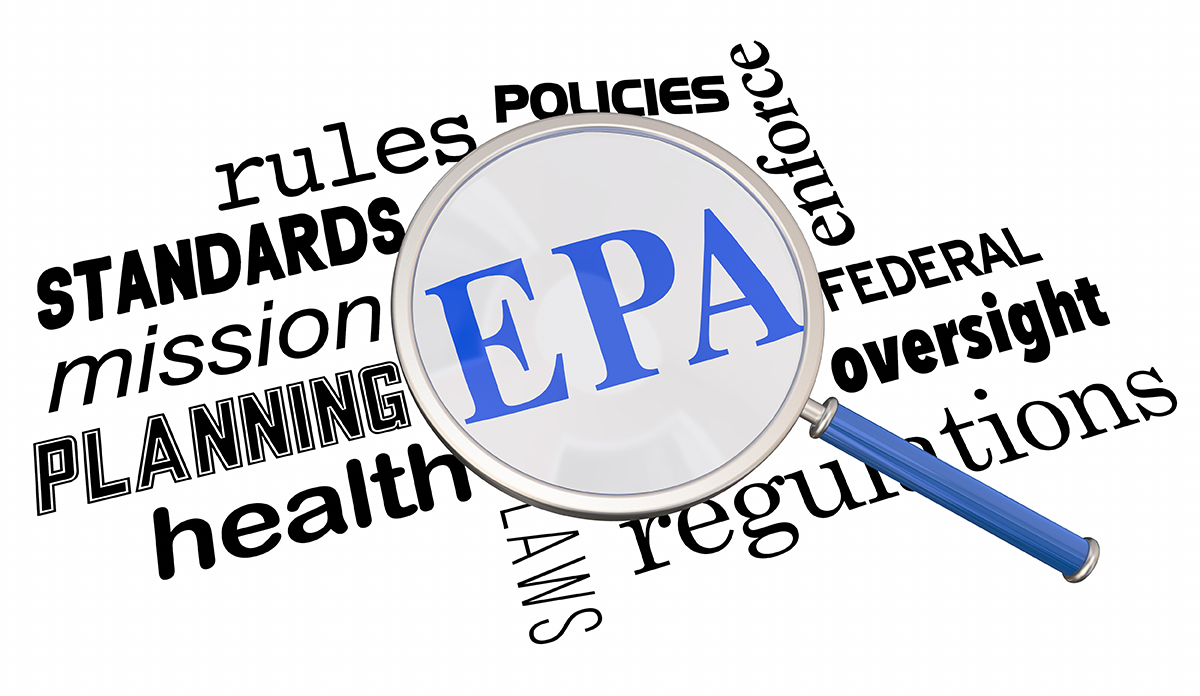Everything You Didn’t Want to Know About the New Release Based Regulations
Eric Jacobi

Within the real estate community there are many unanswered questions about how the new regulations will work and how they will affect transactions. For buyers, sellers and lenders, ambiguity is never good for business. One of the big questions with the new regulations is the date upon which the creation of environmental due diligence materials may trigger a cleanup obligation by the current owner. Given an anticipated effective date of the regulations on March 1, 2026, a viable option was thought to be the performance of environmental due diligence prior to the effective date of the regulations. That timing may have shielded owners from a cleanup obligation that may not under exist under current law, especially if the site is not subject to the Transfer Act.
There is now some thought that DEEP may be seeking to speed that date up so that once the regulations are adopted ( a fairly quick and painless process), the generation of environmental due diligence reports and data will expedite the date upon which owners will become responsible for reporting and remediating discovered releases
In almost all cases, appropriate environmental due diligence will be performed based on the historical and current operations conducted on the site. Lenders will not loan without knowing the value of the collateral. Buyers want to know what they are paying for. How does creating uncertain liabilities for owners help the Connecticut economy? Some deals die. However, under the new regulations the seller doesn’t simply go on to the next buyer. Now the seller has a liability based on the releases identified in the new report. How does he protect himself? Do we think non-disclosure agreements will do the trick? How about an indemnification agreement with the buyer where the buyer agrees to do the remediation? That indemnification agreement is not binding on the State. The seller is therefore left with a newly created liability that he cannot contract away should the purchasing entity become financially unable or unwilling to complete the environmental work.
Why are we trying to speed up the date upon which such reports create a new liability? Why not allow a reasonable period for people to conduct their due diligence without incurring unknown liabilities? LEPs will certainly benefit from additional work they would likely get over the next 9 or 10 months. The real estate community would have time to understand the new regulations. Why is there apparently serious consideration being given to rushing this process along?
Many sites, including some residential sites, may be substantially affected by these regulations. Many people have no idea what is coming. At least give them sufficient time to get up to speed.
For more information, please contact Paul Jacobi at 203.874.7110.


